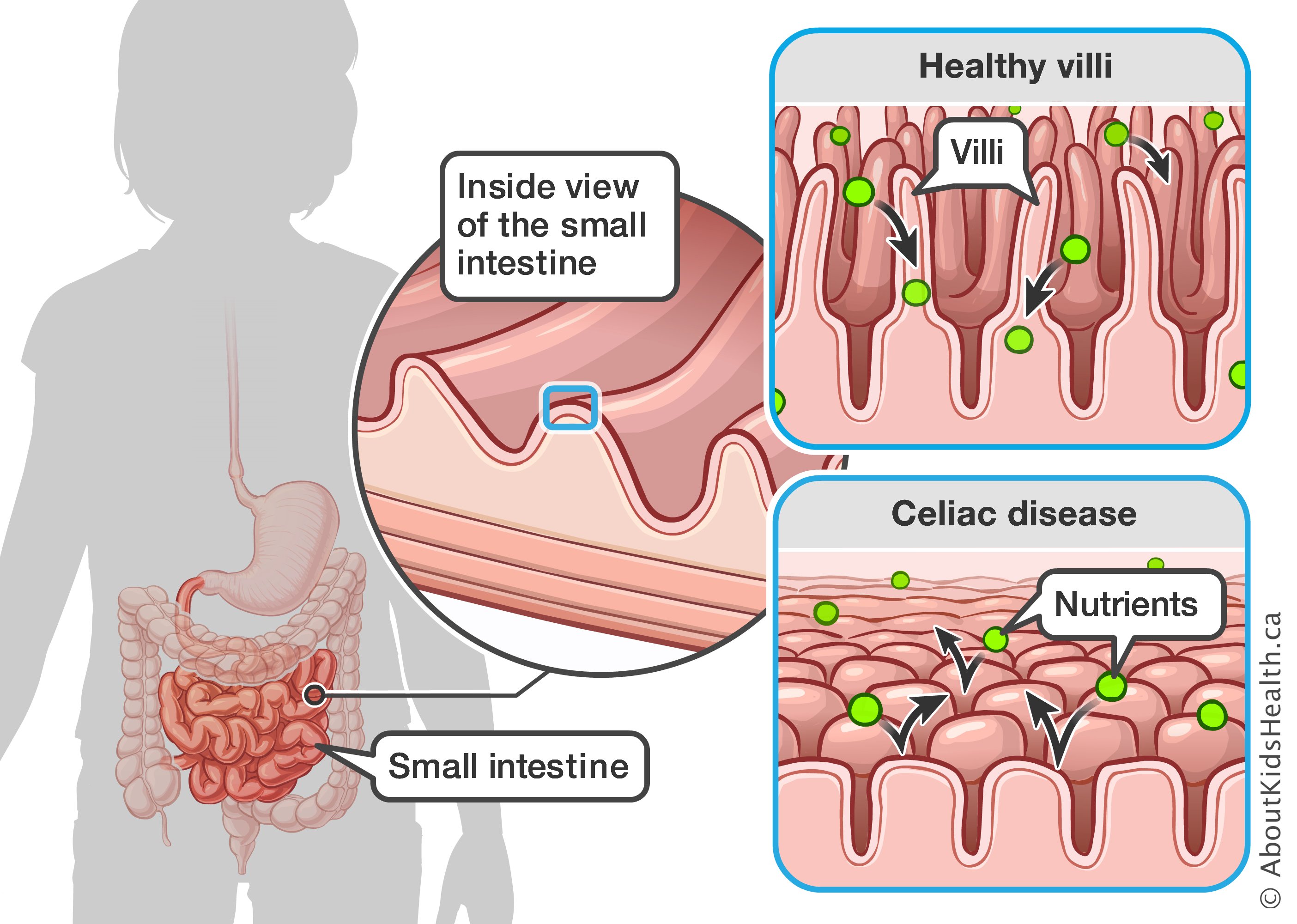There may be many health-care professionals who support your health. It is important to know what they do and how they can help you with managing celiac disease. The following are some types of health-care providers and how they may be involved in your celiac disease care.
Primary care providers
A primary care provider may be a family doctor, nurse practitioner or paediatrician. These health-care professionals manage a person's day-to-day health needs. Sometimes, primary care is provided by a health-care team. A primary care provider can teach you ways to stay healthy, treat you when you are sick and help you get more advanced care when you need it. Ideally, everyone should have a primary care team or provider.
- Family doctors care for patients through all stages of life. Family doctors play an important role in promoting a person's health and preventing illness, coordinating care with other health professionals (like referring you to and communicating with your gastroenterologist) and advocating for your health needs on your behalf.
- Nurse practitioners are registered nurses who have additional education and nursing experiences, which allow them to diagnose and treat illnesses, order and explain medical tests, prescribe medications and perform medical procedures.
- Paediatricians are medical doctors who provide care to children and teens. Some of their responsibilities may include doing physical exams, diagnosing and treating problems, providing education and advice and giving vaccinations.
Gastroenterologists
Gastroenterologists are medical doctors who specialize in diagnosing and treating disorders in the digestive tract, including celiac disease. They have a special understanding of how the digestive organs function, for example, how food moves through the stomach intestine, nutrients are digested and absorbed, and waste is removed from the body.
Registered dietitians
Registered dietitians are trained food and nutrition experts who translate scientific, medical and nutrition research and information into practical tips. In celiac disease care, dietitians teach you what foods to choose and avoid on the gluten-free diet, recommend supplements to correct vitamin or mineral deficiencies, and give suggestions and resources on how to navigate the gluten-free diet in different settings like at home, school or restaurants.
Pharmacists
Pharmacists are health-care professionals who are trained to store, handle, prepare and provide various medications. They can give vaccinations like the flu shot, treat some common conditions, and help you manage your medication. For example, they can help you renew medicine when you run out and choose treatments for when you may be sick. Most importantly, they can answer questions about prescribed or over-the-counter medications and supplements. If you have celiac disease, they can find medicinal and non-medicinal ingredient information about your medication to help you determine if they contain gluten or if they are safe for you.
Mental health professionals
Mental health professionals include mental health counsellors, social workers, psychologists and psychiatrists. These are health-care professionals who help people better understand and cope with thoughts, feelings, behaviours and/or symptoms. These are some of the unique services they offer based on their education or medical training:
- Counsellors, therapists, psychologists and social workers can assess a person's mental health and use therapeutic techniques in individual or group counselling sessions.
- Psychiatrists are medical doctors who can diagnose mental health conditions, prescribe and monitor medications and provide therapy.
Your health-care team is there for you. It is important that you go to all your appointments and participate (take part in them) by asking questions or sharing any concerns you may have about your health. Before attending your appointments, it may be helpful to brainstorm a list of questions and topics you would like to discuss with your celiac disease health-care team.

